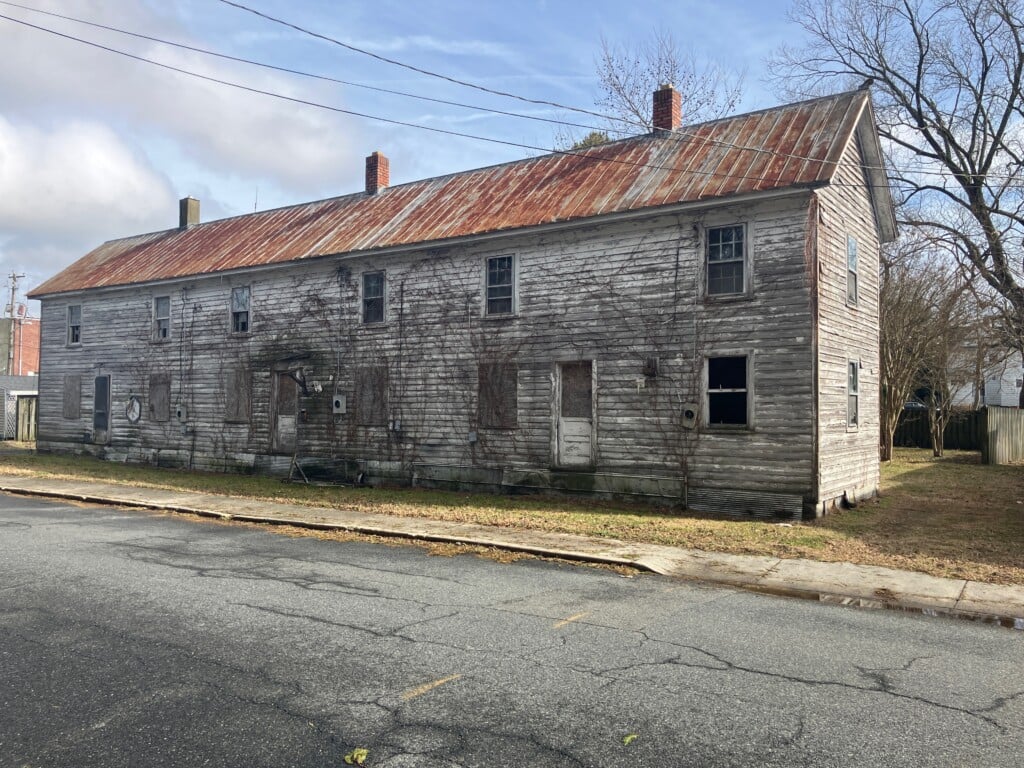New program adds rent payments to credit reporting, opens opportunities for homeownership
DELAWARE – “You get dinged when you have late rent or when you’re evicted your credit score takes a hit. But for your credit score, there’s no rewards and it doesn’t go up if you are paying your rent on time,” Delaware State Housing Authority’s Laurie Jacobs said.
That’s what the new Tenant Rent-Reporting Pilot Program looks to change in the first state, allowing renters an opportunity to use their payments as a way to build a stronger credit history. “For example, when you are applying for consumer auto insurance, some companies will look at your credit score and provide you a rate based on it,” Senator Kyle Evans Gay said.
The Delaware Housing Authority says rent is typically one of the biggest household expenses a month for the average person, but it isn’t reported to major credit bureaus. Lawmakers say those who don’t have that stable, rent habit reported are missing out on opportunities for greater financial and housing stability. “When you remove rent from the equation, you are at a disadvantage compared to someone who has a mortgage who’s making perhaps the same or even a lower payment every month.”
As the world revolves around credit, those with the Delaware State Housing Authority say helping renters increase that score creates many possibilities. “It opens the door from them to access homeownership, personal or business loans, or even jobs requiring credit checks,” Jacobs said.
The $200,000 awarded to the program from the American Rescue Plan Act will pay 12 months of rent reporting to major credit bureaus for up to 400 tenants living in low-income communities or those who receive housing assistance. “If we are able to specifically target this gap, we can not only transform housing opportunities for individuals, but can also transform even more opportunities and financial opportunities that they may have,” Senator Gay said.
Lawmakers say there are similar programs already operating other states and they look forward to seeing the impact it has on Delawareans. “I think its going to work here, but I’m glad we’re taking the time to test it. I’m glad that we have this opportunity to use ARPA dollars to be innovative and to look for new solutions coming out the pandemic,” Senator Gay said.
There are different eligibility requirements, including meeting the income ratio and geographic location. Although it is a pilot program, both DSHA and Senator Gay say sustainability is the end goal.
The program is also in line with changes being seen on the federal level, with mortgage loan company Fannie Mae updating its underwriting process to allow rent payments be considered.
The program is expected to begin in the fall of 2022 and end in 2024.


